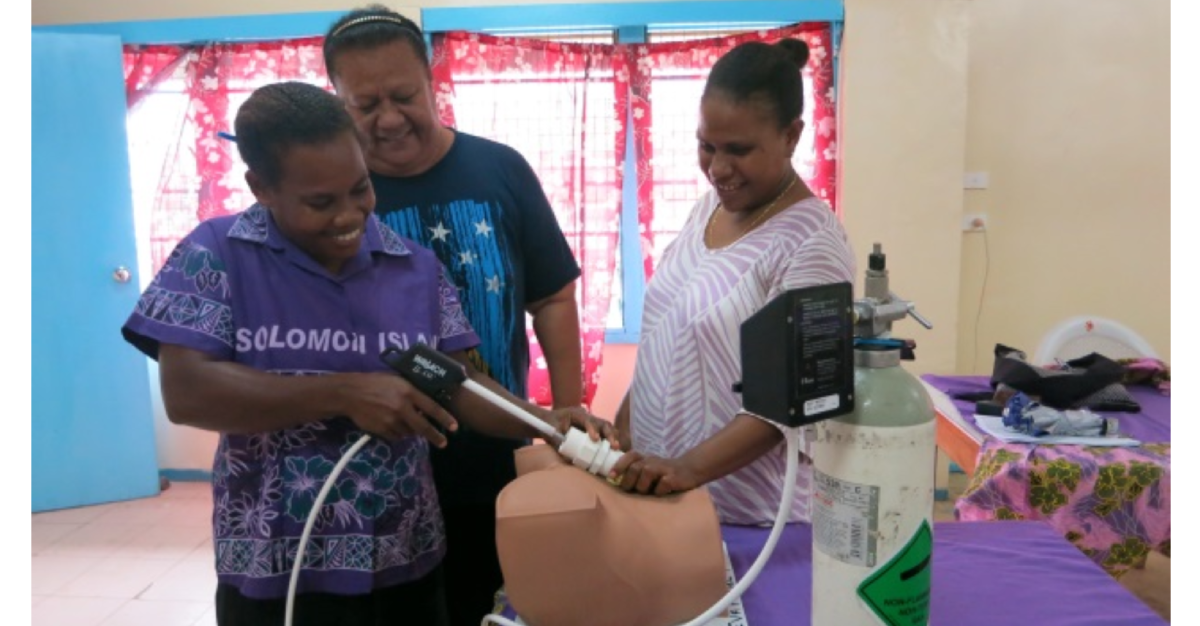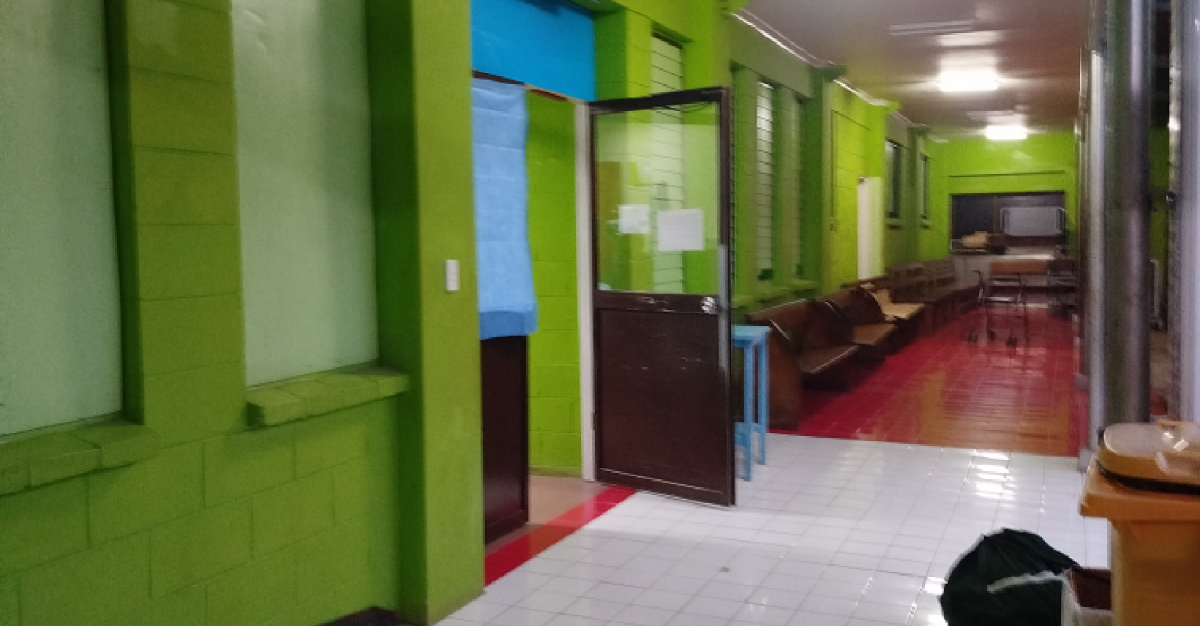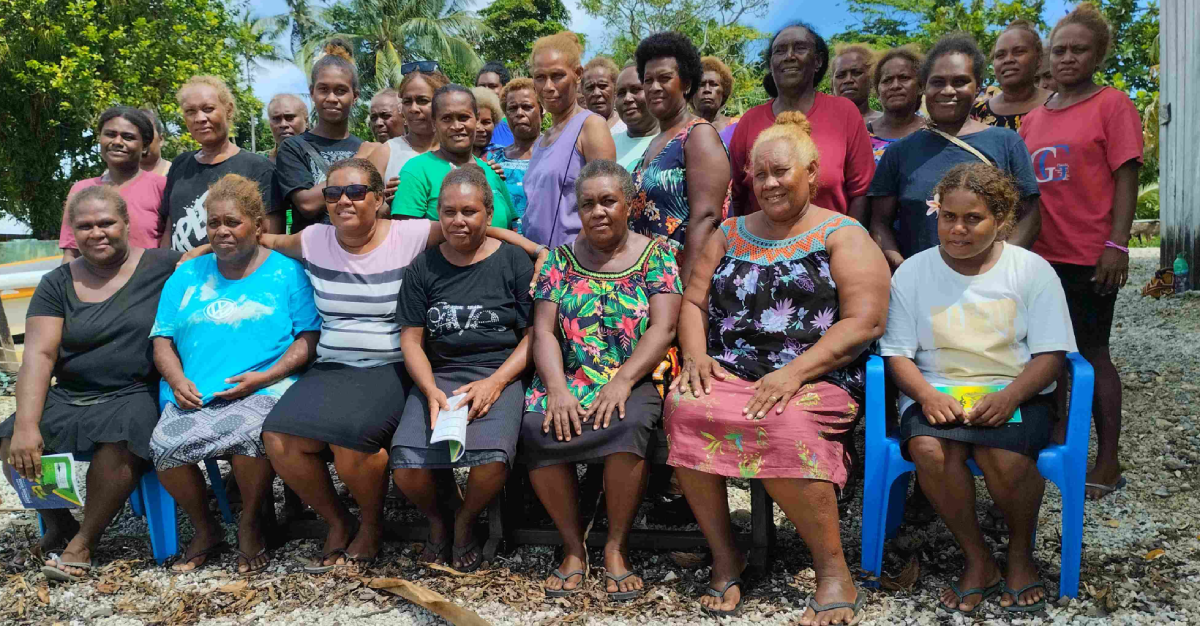WOMEN’s participation in the formal job sector is literally very low in Solomon Islands.
This was highlighted by the World Bank Pacific Economic Update report launched on Tuesday in Honiara.
The report highlighted that female labour force participation remains stubbornly low and stagnant.
The report recommended that by increasing women’s participation into the formal labour force it could have significant economic impact.
This was illustrated by a graph showing that if women were to work at the same level as men, there would be a long run GDP per capita increase of 22% on average for the countries.
Speaking during the launching of the report, Helle Buchhave, World Bank Senior Social Development Specialist emphasized that the illustration is to prove the point, or show the point that it really matters.
“Women’s labour force participation is an untapped resource and it is something that can have significant impact, and also it can be a game changer if women are in the labour force,” Buchhave said.
She added that the report shows how this is good for families, companies and governments if they can change.
However, the report also hinges some barriers.
“For the employment number for Solomon Islands, the labour force participation of women is still low, but still higher than most of the other countries in the region. This is called vulnerable employment,” said Buchhave.
The World Bank Country Economist for Solomon Islands, Lodewijk Smets said, there needs to be more work into proper employment data.
For the report, World Bank only rely on the National Provident Fund (NPF) contributions to get an idea about the formal sector.
“But there’s also a very big informal sector where a lot of women are employed and often low-paying informal jobs, such as agriculture,” Smets said.
He added that what they found out with last years report is that women often don’t have control over the resources.
“In agriculture, it’s often the men still making the decisions. So, if women could have more empowerment to make key decisions on agriculture, that could benefit the economy and that could benefit growth.
“Another aspect is the country has a lot of potential in tourism. In Solomon Islands, you have the largest corral in the world, you have the largest saltwater lagoon in the world.
“Tourism is a sector where women tend to be employed so this could generate also benefits to women if you promote the tourism sector,” Smets said.
He added that financial inclusion and access to the internet are also some channels through which female employment can contribute to the economic growth.
He said these are some systematic holistic approaches for a country to boost economic growth, however, as long as women have family responsibilities, it’s going to be difficult to integrate them into the workforce.
By AGNES MENANOPO
Solomon Star, Honiara
Photo caption: From left to right; Ralph Van Doorn, Ekaterine Vashakmadze, Helle Buchhave, and Lodewijk Smets.





